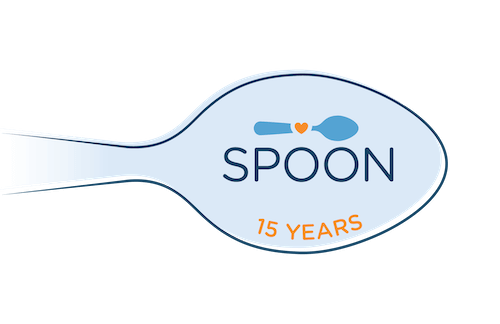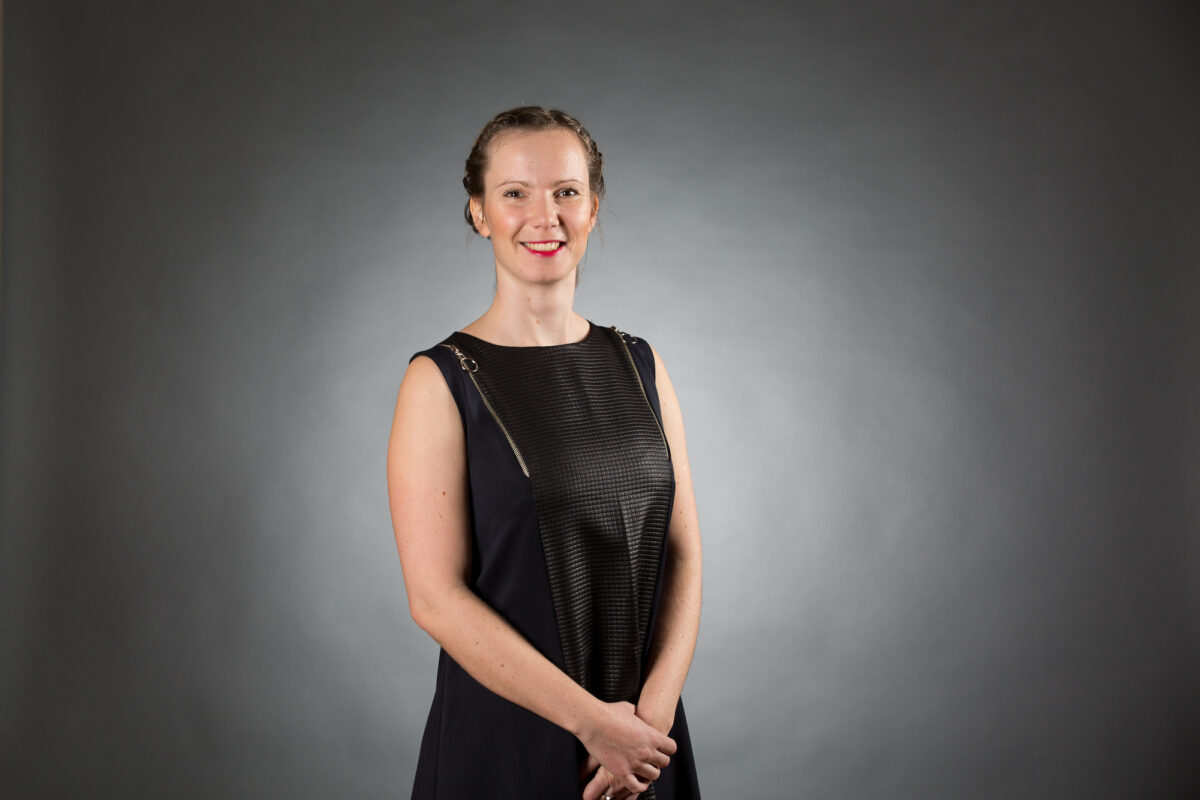Meet Nikolina Juric, Program Manager for Europe and Eurasia at Perkins International and SPOON Peer Trainer in Croatia. Beginning in 2022, SPOON partnered with Perkins to launch our first-ever project in Croatia, where we trained 114 participants on nutrition and feeding for children with disabilities. As a Peer Trainer, Nikolina led and mentored a cohort of trainees as they completed SPOON’s training. Read on to learn more about Nikolina and her experience with this project.
Tell us a bit about your background and your current professional role.
I received my Master’s degree in Rehabilitation of Persons with Visual Impairments in Zagreb, Croatia. Shortly after, I began working at Mali Dom Zagreb, an institution that supports children with visual impairments and other disabilities to achieve their maximum level of independence. Currently, I am the Program Manager for Europe and Eurasia at Perkins International. I have presented at national and international conferences and published several articles on visual impairments.
Part of my current role involves teaching a group of students with complex needs and designing the program for our students in Mali Dom – this is how I began to work with SPOON. I so enjoyed taking on the role of Peer Trainer in our partnership with SPOON. All of the Peer Trainers learned so much valuable information about feeding and nutrition for children with disabilities. Now we feel prepared to share what we learned with other caregiving professionals, as well as parents, who are feeding and nourishing children all the time.
In your context, what do you see as the main nutrition and feeding issues faced by vulnerable children and their families or caregivers?
I see parents all the time who are busy with so many different needs their children have. Sometimes it feels like feeding is not considered a true activity, rather it’s something that has to happen quickly so we can just move on to the next thing. I’m looking forward to helping caregivers see the importance of connecting with children during meals. Sometimes caregivers don’t even know that there are different ways to approach feeding. And that’s why it’s important for us to share best practices, principles, and specialized feeding techniques with professionals and parents that will allow for children to build their own feeding skills.
Why is it important to you to focus on the issue of nutrition and feeding for children with disabilities and children without family care?
Children with disabilities are more likely to be underweight and malnourished due to a variety of factors, and sometimes these kids are forgotten or not able to speak for themselves. The training from SPOON gave me the courage to speak to parents about this topic, and other professionals too.
What are some examples of positive change you have seen through your work?
With this training from SPOON, feeding became THE topic at our center. Since 30 staff members were involved, the training generated a lot of new ideas, from different positioning to conscious use of specialized techniques, to just being more aware of the feeding process. We completely changed the breakfast we serve to our students, making it a more well-balanced diet of rich and nutrient-dense foods.
After taking the training from SPOON, a staff member realized that one student’s brother is much taller than him, and the reason was probably the quantity of food he eats (he has always been a picky eater). The staff member now modifies meals to the preference of the child, and the result is more successful mealtimes. To me, this shows the deep level of determination and involvement in the child’s progress and using your creativity to help the child thrive.
One institution we collaborate with is making significant changes after taking the SPOON training. They have started to take a smaller number of children to eat in separate rooms at lunch time for more individual attention. They have really internalized the risks of being fed while lying down, and are more committed than ever to using appropriate feeding techniques (tube, spoon, etc.) for each child’s situation.
What more needs to happen to ensure ALL children have access to the nutrition they need?
I believe numbers do help paint a picture, so collecting data on children with disabilities is a great way to advocate. In Croatia, it’s common that children with disabilities are not necessarily seen as malnourished, so implementing SPOON’s assessments and using tools like the app (Count Me In) to screen them can make a big difference. I’d like to see many more programs that serve children to partner with SPOON and take this training.


